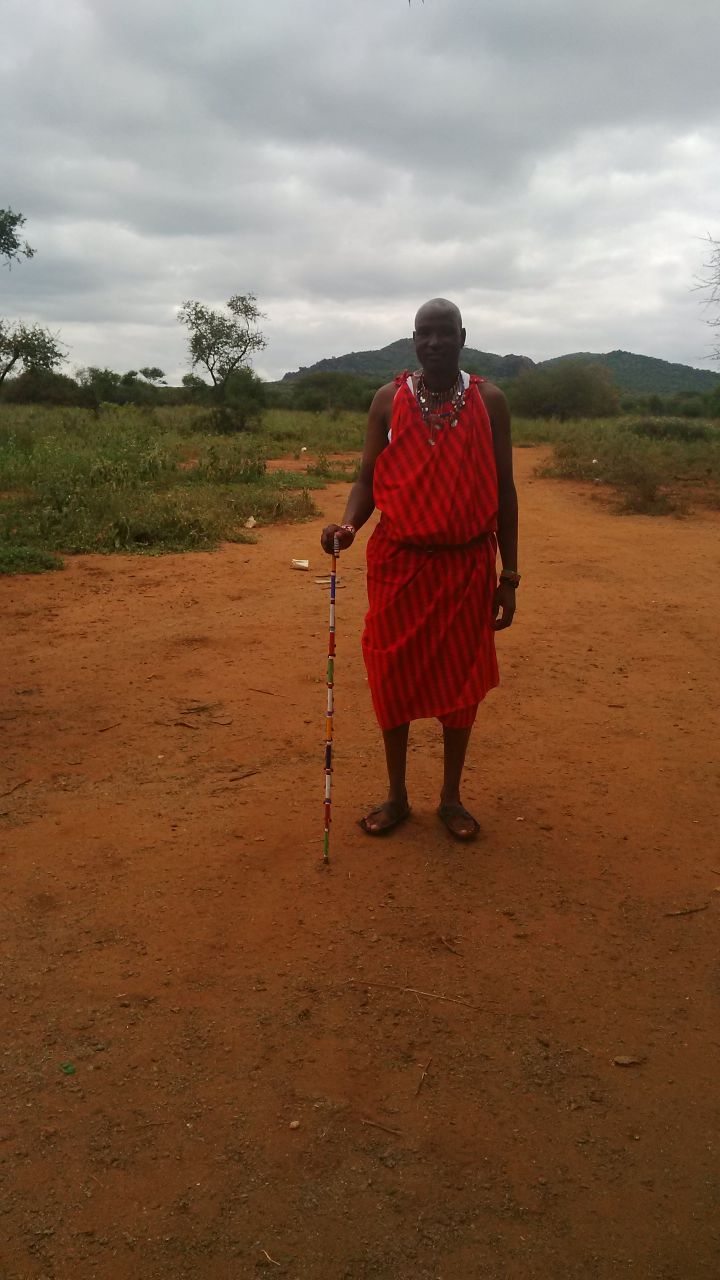In the 1930s, researcher and dentist Dr. Weston A. Price traveled around the world to find the healthiest people with the best teeth. He had seen images of such people in “National Geographic” magazine but he wondered if they actually existed. So he took a voyage, determined to find out for himself. Everywhere he went, Dr. Price noticed that those who ate their traditional diets (cheese and milk in Switzerland, seal oil in Alaska, and so on) were healthy, fertile and vibrant. And, yes, they resembled those traditional people groups featured in “National Geographic!” They had beautiful straight teeth, with very little incidence of decay. But he also found that those who had access to so-called “modern” western foods (including refined flours and sugars) suffered tooth decay and health issues. There was a clear pattern that tied wellness to diet.
When Dr. Price came to Kenya, he noted that it was no exception. He met tribal people who were extremely healthy and who had broad faces with straight teeth with little evidence of cavities or infections. But among those whose diets had changed, he saw compromised health and teeth that were cavity-filled.

When I traveled to Kenya last year (and just last month), I wondered myself what I would find. I’m not a dentist or a researcher, but I had the next best thing going for me. I connected with Maasai community leader Dickson Ole Gisa and got to speak with him first-hand. I wondered what changes he had noted over the years and if Dr. Price’s findings were playing out in his community. Indeed, Dickson had witnessed some of the very things Dr. Price recorded so many years ago. I take it back. He had not only witnessed the dietary changes and the corresponding health repercussions for his people, he had actually lived through them!
Dickson lives in Oiti, a Maasai village in Kenya, near the border of Tanzania. It is rather remote and yet he admits “The diet is changing tremendously.” When he first heard of the Weston A. Price Foundation (WAPF) and its Wise Traditions principles based on Dr. Price’s findings, it made perfect sense to him. He immediately contacted WAPF, saying, “Please send someone over. We are all getting sick. I have diabetes. My wife has asthma….” So this is how I came to connect with him, as an envoy of WAPF, as a friend, and as the Wise Traditions podcast host. In this capacity, I am now able to share with you one conversation with Dickson from my visit this past month. You will certainly be fascinated by Dickson’s stories, as I was.
In “A Maasai story,” you will learn:
- what Dickson ate as a child (including the game his father hunted to feed his family)
- the Maasai traditional diet
- the allure of “foreign foods” like soda, juice, oils
- how the changing diet is impacting the Maasai’s health
- how pregnant women are “selective” in terms of the food they eat
- traditions related to childbirth
- about a special book written by the first Maasai scholar which records all of the cultural traditions of the people
- how “civilization” and “education” are shaping Maasai dietary choices
- the very changes Dickson’s own family have made to return to traditional foods
- how Dickson is spreading the news of Wise Traditions
- the community’s response to WAPF principles and ideas
I have learned from Dickson, among other things, that one person can make a difference in their community. It starts in our own backyards. I want to continue to take steps to “practically apply” (as Dickson says) what I believe—in terms of food, faith, and life. If I do this, or rather, if we do this, we will certainly impact our villages, communities, and the whole world for the better! Don’t you agree?
P.S. If you enjoy this episode, please share it with others. And if you want to support Dickson’s outreach and efforts to help his people regain their health through a return to nourishing traditional foods, go to westonaprice.org and click on “Get involved.” Then click on the “donate” button and give the amount of your choice to the “overseas outreach” initiative.
****
Hilda Labrada Gore is a health coach and the host of the Wise Traditions podcast (found on iTunes, Stitcher and at westonaprice.org). She is also the DC chapter leader for the Weston A. Price Foundation.
